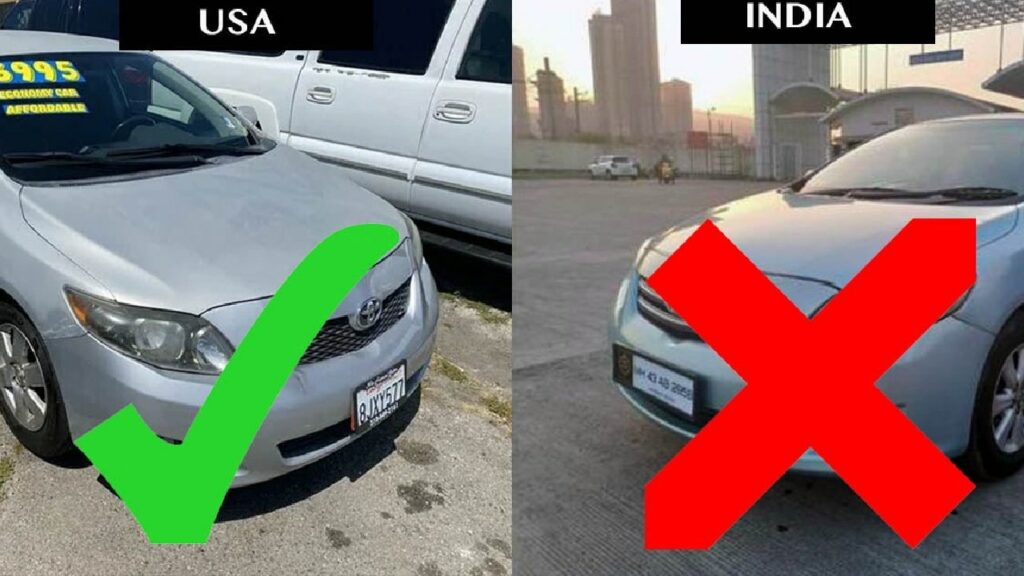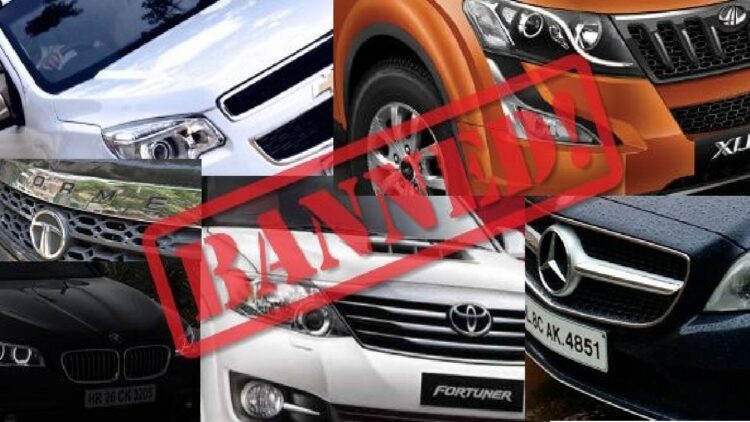This post takes a deep dive into how the ban on diesel cars that are older than 10 years might be a big scam. We know that the government disallows people to own diesel cars older than 10 years and petrol cars older than 15 years in Delhi. This news came as a shock when it was first introduced a couple of years ago. The alleged aim of this policy was to get rid of pollution-emitting vehicles to control emissions and boost climate-friendly measures. However, the reality on the ground might be different. Let us take a look at the details here.
You may also like: Tata Altroz CNG Variant Caught Undergoing Emission Tests by ARAI
Ban on 10 Years Old Diesel Cars
There are issues at various levels. Some people claim that when we buy a new car, we pay a lifetime road tax. If the car owners are already paying lifetime taxes, then how can the government suddenly impose a ban. In that case, the road tax should be applicable for only the duration of the ownership. Secondly, while the government’s heart might be in the right place, but the ground reality reeks of scams. The PUC units, where car owners go regularly to get the tailpipe emissions of their cars checked, are not always professional.
You may also like: What Are Catalytic Converters? How Do They Reduce Emissions?
In fact, many times, these testing centres don’t even put the equipment into the tailpipe to measure the pollution a car is emitting. That is the biggest scam in this field at the moment. They just charge you the money, issue the pollution certificate and think that their job is complete. In this situation, we, as the owners of the car, must be serious about ensuring that a proper check of how much pollution our car is causing, is done. In this way, we would know that the measurements in the PUC are legitimate. There are many cases where these values are fake.
You may also like: World’s First Lowrider Toyota Fortuner Looks SICK!

You may also like: Nissan Hyper Tourer Concept Van Teaser Unveiled
What We Think
At times, the PUC staff manually enters these values so that the authorities would know that the emissions are under the permissible limit. In fact, you must have seen huge trucks and buses plying on the roads with charcoal-black smoke coming out of their tailpipes. To see such vehicles been allowed on the roads is a testament to the lack of efficiency and implementation of the pollution checks. We think that the government should ensure fair operation of the PUCs across the nation instead of levying bans on the vehicles. That will be a welcome change for the car owners and allow the correct functioning of the PUCs. Finally, by imposing bans, the government gets more revenue as more new cars are sold. Alternatively, people have to pay hefty sums to extend the registration by perfoming intense testing. These points indicate that this ban might just be a scam.


